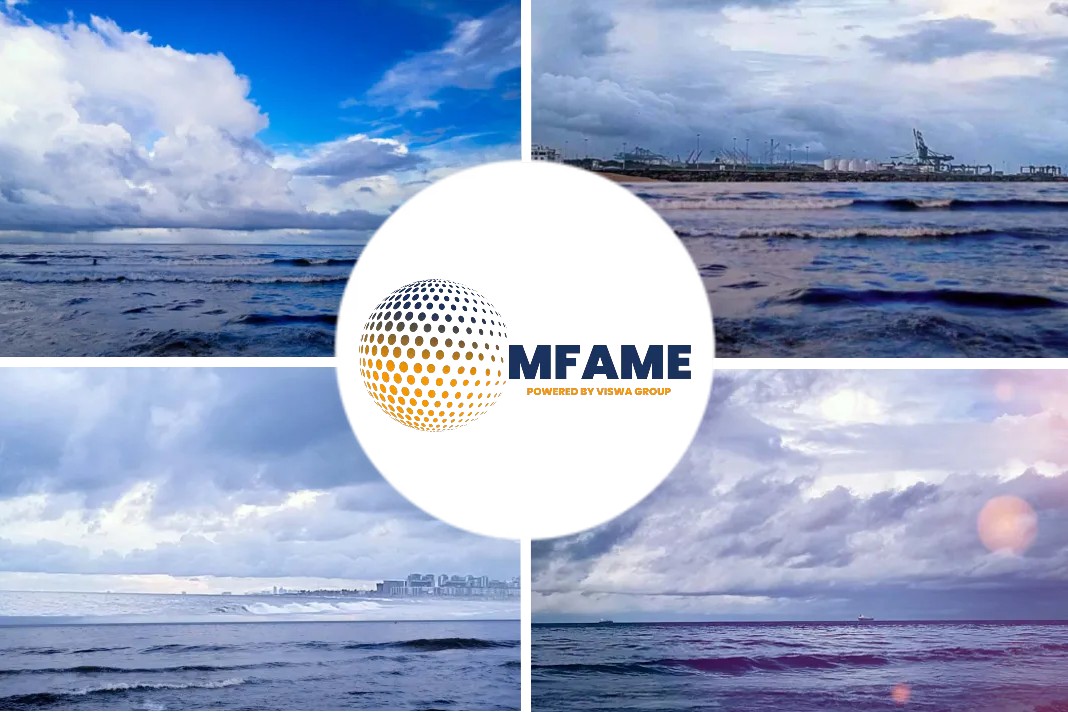
The war in Ukraine. A rapidly slowing economy, fragmentation, and de-globalisation. The rising cost of living. Climate change. There is plenty for the global great and good to get their teeth into this week as Davos resumes after a three-year hiatus, reports the Guardian.
Getting rid of the “crisis mindset”
Strictly speaking, it not the first gathering of world leaders, businesspeople, academics, and civil society since the start of the pandemic, but last May’s World Economic Forum event was a slimmed-down and not especially well-attended affair. As a dry run it was fine, but a real Davos traditionally happens in January, when the snow is thick on the ground in the Swiss village 1,500 metres up in the Alps.
In the past, the mood at Davos has oscillated between extreme optimism and unbridled gloom, depending on the state of the world economy. This year it looks certain to be the latter. As Klaus Schwab, founder and executive chair of the WEF put it last week, “economic, environmental, social and geopolitical crises are converging and conflating”. The aim of this year’s Davos, he added, was to get rid of the “crisis mindset”.
That will be easier said than done. Before there existed a “crisis mindset” there was a “Davos mindset”, in which the annual get-togethers fostered an inclusive form of globalisation, and attendees from around the world worked collaboratively to tackle cross-border problems such as climate change.
Collective action is needed
But as the risks to peace, prosperity and the future of the planet have increased so the willingness to cooperate – the spirit of Davos, as Schwab likes to put it – has ebbed. Last week’s WEF global risks report, an annual publication that details what experts consider to be the most pressing short- and long-term risks, was stark in its warning.
“Concerted, collective action is needed before risks reach a tipping point,” it said. “Unless the world starts to cooperate more effectively on climate mitigation and climate adaptation, over the next 10 years this will lead to continued global warming and ecological breakdown.”
The popular perception is that the WEF is a secretive and sinister organisation akin to something out of a James Bond novel. In reality, it has no executive power whatsoever and is more of a gigantic global talking shop at which world leaders take the opportunity to rub shoulders with each other and executives do deals behind closed doors. Bond flies over Davos on his way to Blofeld’s mountaintop lair in On Her Majesty’s Secret Service but that’s as close to an Ian Fleming novel as the WEF gets.
Did you subscribe to our Newsletter?
It’s Free! Click here to Subscribe.
Source: The Guardian















